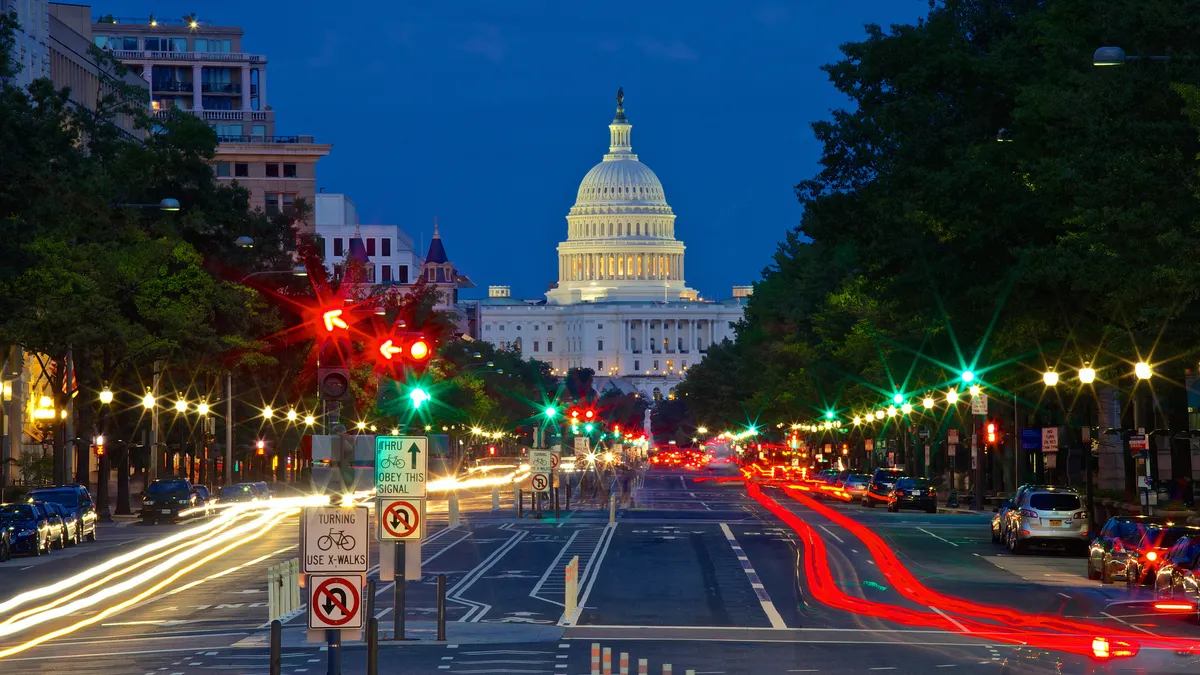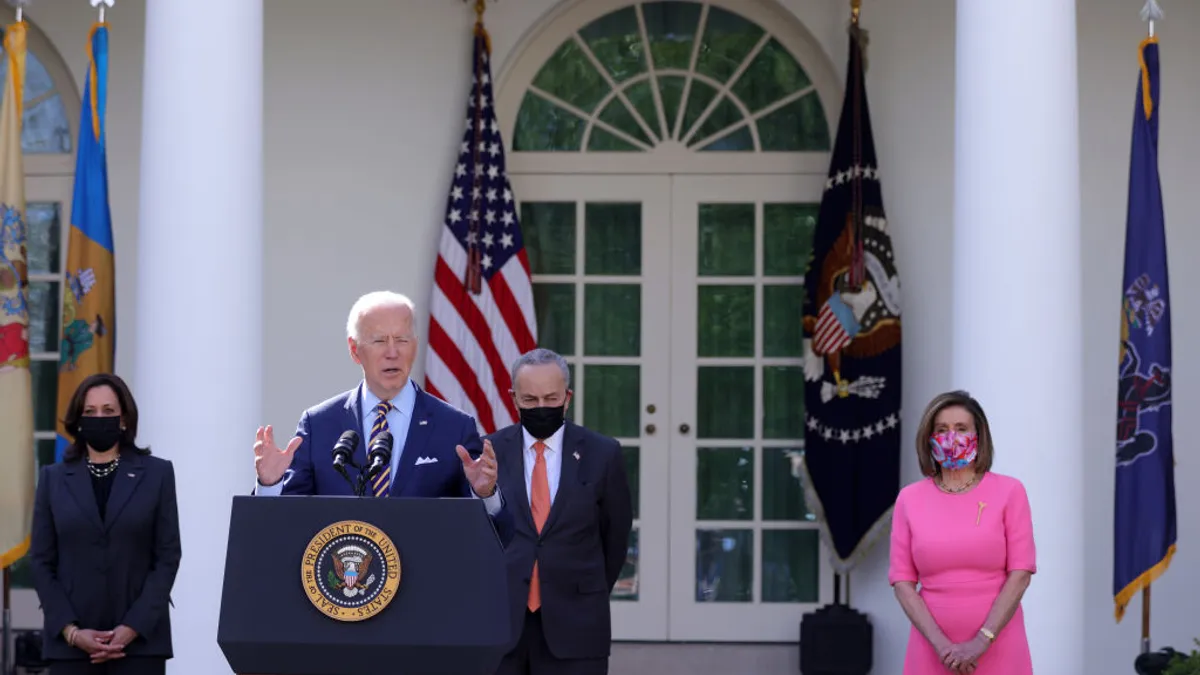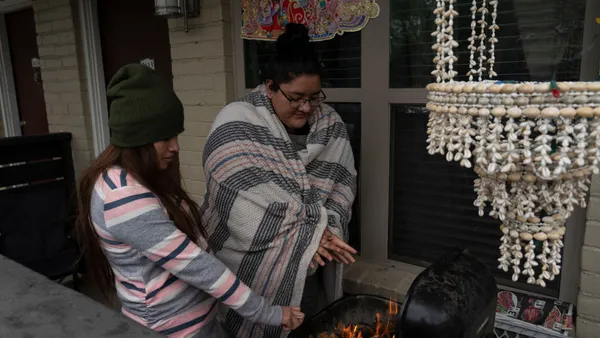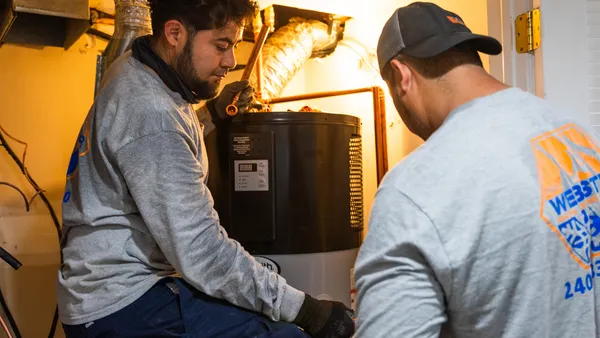Dive Brief:
- Developer JBG Smith announced last week it will launch an initiative to promote "affordable workforce" housing in the Washington, DC region.
- The Washington Housing Initiative is intended to preserve or build between 2,000 and 3,000 units of affordable housing in the metropolitan area over the next decade, both through private and philanthropic sources.
- “It is our goal to deliver innovative, resident-focused affordable housing for working Washingtonians,” JBG Smith CEO Matt Kelly said in a statement. “This initiative takes advantage of our existing operations and scale to help address a critical need in the community.”
Dive Insight:
Keeping housing affordable is an issue cities wrestle with across the U.S., and this initiative by one of the DC region’s major developers could be a model for others to follow. It will require a significant investment from the private sector, especially in an area where housing costs continue to rise and are among the highest in the country. A new nonprofit called the Washington Housing Conservancy will own and operate the affordable housing in what are called “high-impact locations" — rapidly growing areas that are affordable today but may not be in the next decade.
The initiative launched in partnership with the Federal City Council, a nonprofit that brings together the area’s top business, professional, educational and civic leaders. In a statement, Federal City Council CEO Tony Williams said he hopes “to allow residents to benefit from neighborhood improvements instead of being displaced by them.” This fear that has dogged developments in cities nationwide as low-income residents are scared of being pushed out and don’t trust the government or developers to act in their best interests.
The timing of this announcement is also intriguing, as the 20 remaining cities on the shortlist for Amazon’s HQ2 gear up for the e-commerce giant’s final selection, set to come by the end of the year. JBG Smith is a major landlord in Arlington County, VA, which is among the highly favored finalists. While this initiative does not explicitly mention Amazon, it may have been made with one eye on the future. There have been fears that the influx of 50,000 new jobs and the high housing costs often associated with Amazon could force people out.











